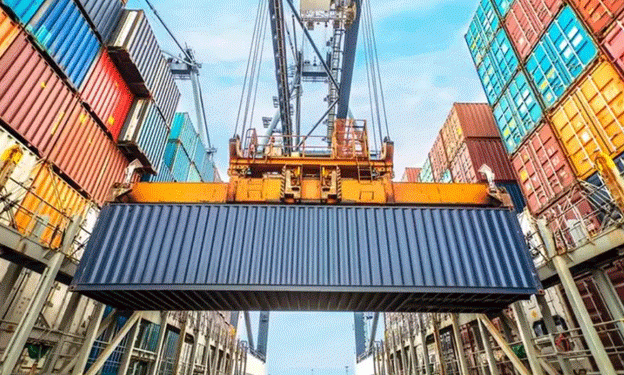The Indonesian Ministry of Agriculture has been caught off guard by a puzzling trend: over the last three months, more than 1,000 tons of imported carrots have entered the country through Cengkareng Port, despite the Ministry’s claim that national production is more than sufficient. From June to August 2024, a total of 1,071 tons of carrots were imported, raising concerns and confusion among local farmers and market analysts alike. This unexpected influx of foreign carrots is particularly concerning for carrot farmers in Karo, North Sumatra, where prices have been dramatically low for months, hovering around Rp500 per kilogram.
According to Andi Idil Fitri, Director of Vegetables and Medicinal Plants at the Ministry of Agriculture, the ministry has not issued any import permits for carrots during this period because domestic production is adequate to meet national demand. Official data supports this claim: by September 2024, national carrot production reached 439,519 tons, with an average monthly production of 52,071 tons. This far exceeds the country’s average monthly consumption requirement of 40,702 tons.
Despite this abundance, the entry of imported carrots has raised alarms, particularly in regions like Karo, a key carrot-producing area. Local farmers have been suffering from steep price declines, a problem exacerbated by distribution and marketing issues. Andi Idil explained that although national production has not reached overcapacity, Karo’s carrot output for the period from January to September 2024 did exceed demand, with a surplus of 29,239 tons. This surplus, combined with distribution challenges, has driven local prices down and left farmers in financial distress.
Why Are Imports Happening?
The most pressing question among farmers and agronomists is why these imports are happening at all. With domestic production more than capable of meeting demand, the presence of imported carrots has raised suspicions of market manipulation. Some local farmers, like Getta Beru Ginting from Karo, have voiced concerns that these imports are artificially depressing prices, making it impossible for local farmers to compete.
Andi Idil acknowledged the issue but deflected the responsibility for import authorizations to other ministries, suggesting that a closer investigation is needed to determine why such large shipments of carrots are arriving in Indonesia. This sentiment has sparked broader discussions within the agricultural community about transparency in import policies and the need for better coordination between government agencies.
Impact on Local Farmers
For farmers in Karo, the economic impact has been devastating. The price of carrots has stayed at around Rp500 per kilogram for three months, well below the cost of production, leading to significant financial losses. Farmers who depend on carrot cultivation for their livelihoods are now struggling to make ends meet, and there is growing frustration that their plight is not being addressed by government authorities.
To resolve these issues, Andi Idil has called for better coordination between regional governments, urging local agricultural agencies to implement more strategic planting schedules to prevent future oversupply. He has also initiated discussions with the Ministry of Home Affairs to address distribution and marketing problems, which have contributed to the price collapse in Karo.
What Needs to Be Done
The situation in Karo and the mystery surrounding the recent carrot imports highlight the need for immediate action. First, there must be a thorough investigation into the unauthorized imports, as well as stricter controls on agricultural imports when national production is sufficient. Additionally, local farmers require support in the form of improved distribution networks and marketing strategies to ensure that their produce can reach markets efficiently and at fair prices.
Moreover, government agencies must work together to create a balanced carrot production schedule, especially in regions prone to overcapacity like Karo. By synchronizing production with market demand and improving distribution infrastructure, the Ministry of Agriculture can help stabilize prices and protect farmers from the severe financial losses they are currently facing.
The case of carrot imports during a time of national surplus is a symptom of deeper issues within Indonesia’s agricultural and trade systems. While the country boasts strong domestic production, poor coordination between government ministries, distribution challenges, and unauthorized imports are undermining the livelihoods of local farmers. It is imperative that the Ministry of Agriculture, along with other relevant authorities, takes swift and decisive action to regulate imports and support domestic producers before the situation escalates further.































